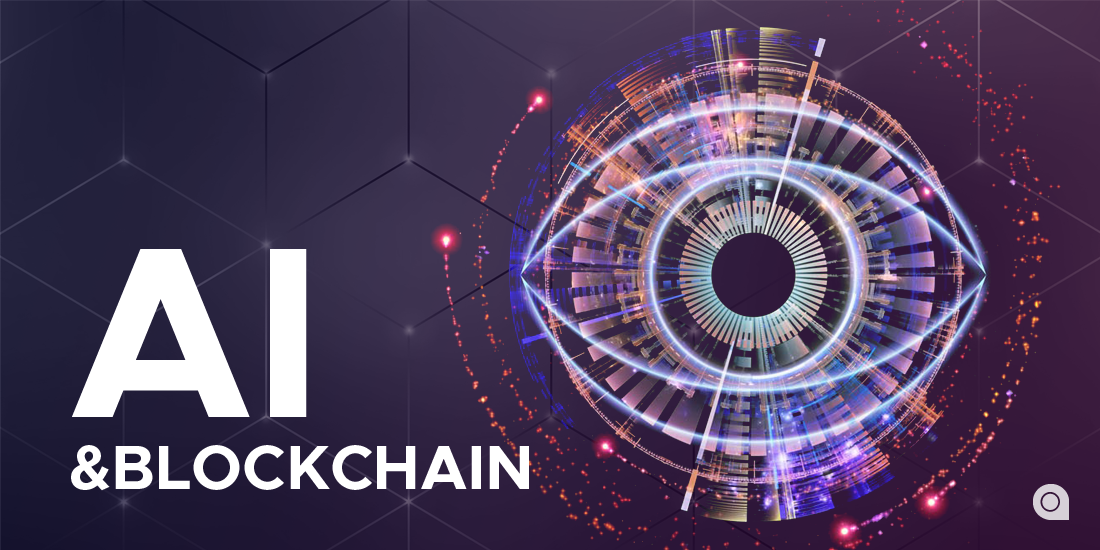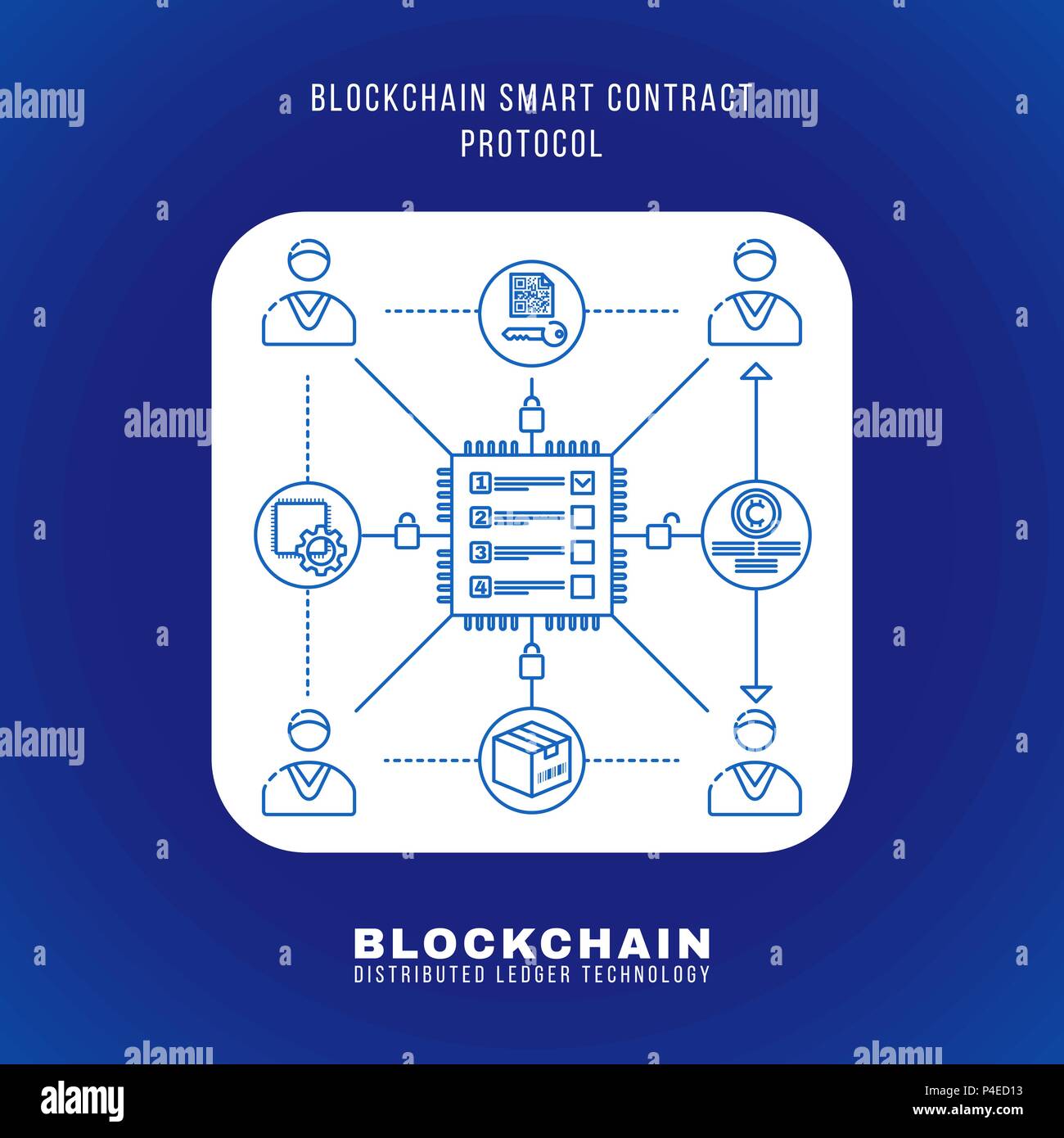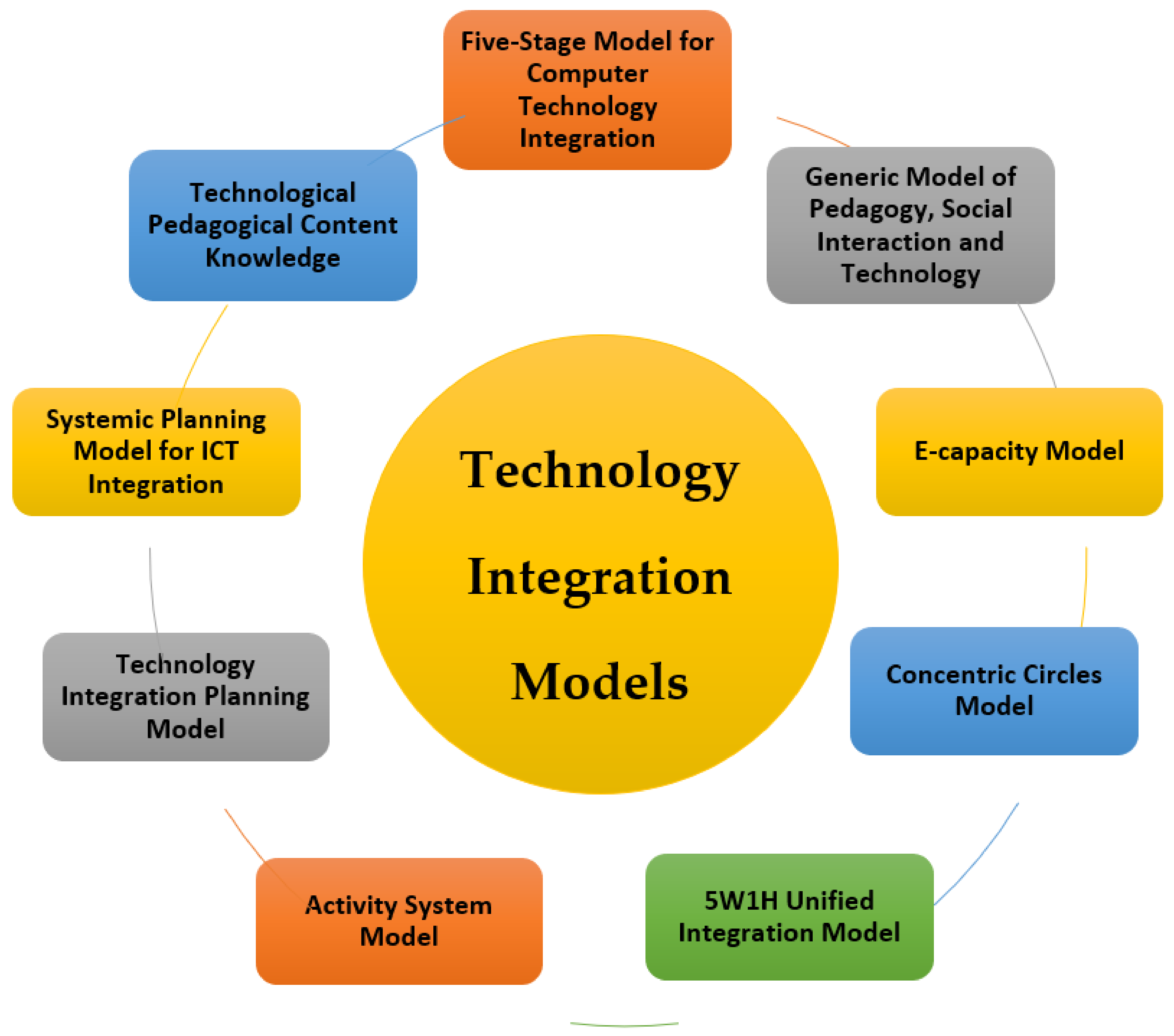The Convergence of AI and Blockchain: Paving the Way for Decentralized Intelligence
In the rapidly evolving sectors of Artificial Intelligence (AI) and Blockchain, we’re witnessing an unprecedented convergence that promises to revolutionize how we interact with technology and data. The integration of these powerful technologies could lead to a myriad of advancements, from enhancing data security to creating autonomous, decentralized networks. Drawing from my experience in AI and Cloud Solutions, alongside a foundational belief in evidence-based conclusions, let’s explore the potential impact and challenges of marrying AI with Blockchain.

Potential Impacts and Advancements
Enhanced Data Security and Privacy
Blockchain’s immutable ledger, combined with AI’s capability to analyze vast datasets, could dramatically enhance data security and privacy. In my tenure at DBGM Consulting, Inc., ensuring data security while harnessing AI’s potential has been a pivotal aspect of our projects. This synergy could potentially mitigate risks of data breaches and unauthorized access, a critical consideration in today’s digital age.
Decentralized Intelligence Networks
The decentralized nature of Blockchain complements AI’s need for vast, diverse datasets. By creating decentralized networks, AI models can learn from a broader, yet secure dataset, enhancing their accuracy and reliability. This approach democratizes data, allowing for more equitable AI developments that could spur innovations in sectors such as healthcare, finance, and supply chain management.
Autonomous Smart Contracts
AI can elevate Blockchain’s smart contract ecosystem to execute more complex, conditional transactions autonomously. My background in system automation and process automation provides me with insights into how AI’s predictive capabilities can be utilized to automate decisions within these contracts, ensuring they are both efficient and reliable.

Challenges in Integration
Computational Demands and Scalability
One significant challenge is the computational demands of running advanced AI algorithms on a Blockchain. This can potentially hinder scalability due to the large amounts of processing power required. My experience in multi-cloud deployments and application modernization at DBGM Consulting, Inc. shows that strategic cloud solutions could mitigate these challenges, ensuring AI and Blockchain applications are scalable and efficient.
Data Privacy Concerns
While the integration promises enhanced data security, it also raises concerns regarding privacy, especially in AI’s data analysis aspect. Ensuring the anonymity and security of Blockchain data, while utilized by AI, is paramount. This balance between utility and privacy is a complex challenge that requires careful consideration and innovative solutions.
Conclusion
The future of AI and Blockchain integration is filled with potential but is not without its hurdles. From enhancing data security to creating decentralized intelligence networks, the possibilities are vast. However, addressing computational and privacy challenges is crucial for this convergence to reach its full potential. Drawing on my background in AI, cloud solutions, and security, I believe that with careful planning, innovative technology, and a focus on ethical considerations, AI and Blockchain will play a central role in the next wave of technological advancement.
As we move forward, it’s essential to remain both optimistic and cautious, leveraging these technologies to create a more secure, efficient, and equitable digital future.
